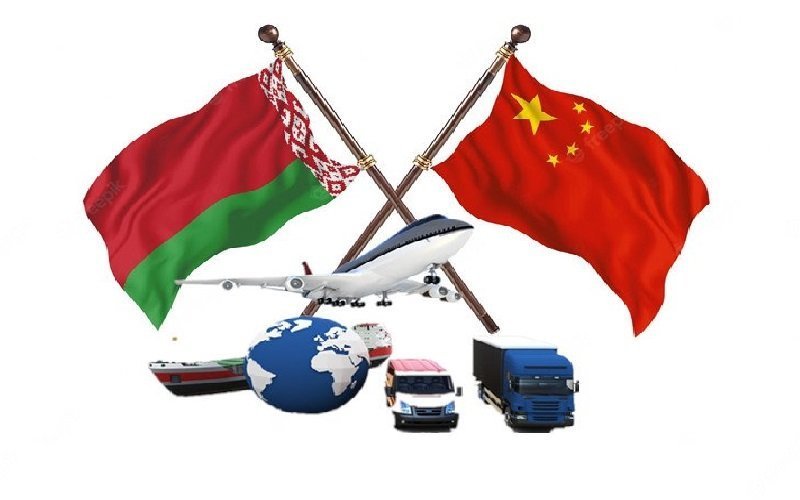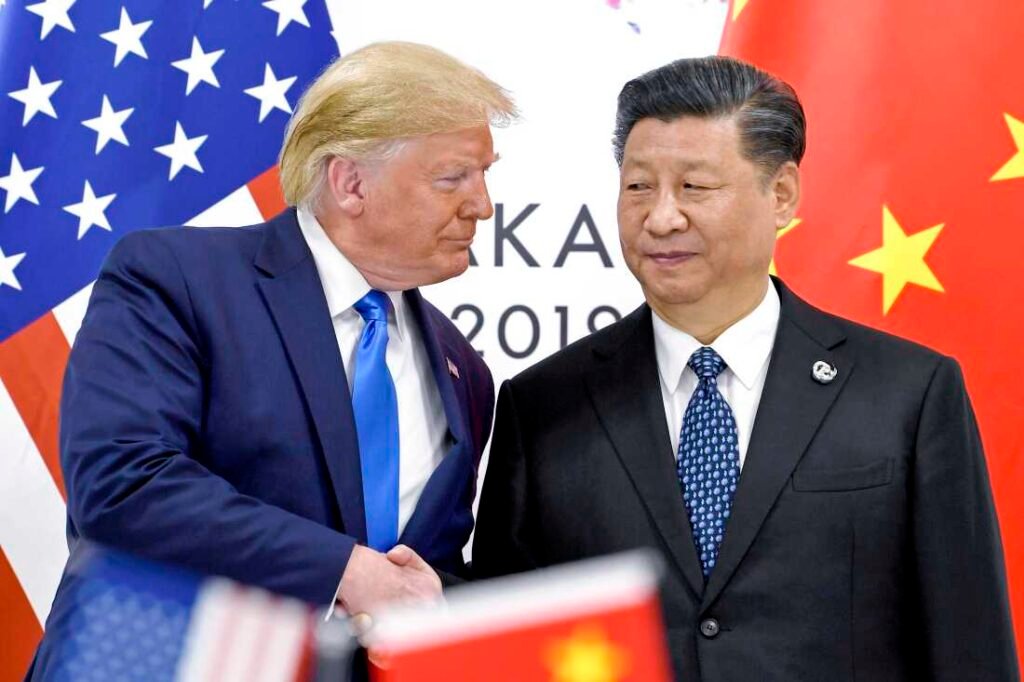China’s Premier Li Qiang cautioned on Saturday that artificial intelligence development must be weighed against the security risks, saying global consensus was urgently needed even as the tech race between Beijing and Washington shows no sign of abating.
His remarks came just days after U.S. President Donald Trump unveiled an aggressive low-regulation strategy aimed at cementing U.S. dominance in the fast-moving field, promising to “remove red tape and onerous regulation” that could hinder private sector AI development.
Opening the World AI Conference (WAIC) in Shanghai on Saturday, Li emphasized the need for governance and open-source development, announcing the establishment of a Chinese-led body for international AI cooperation.
“The risks and challenges brought by artificial intelligence have drawn widespread attention … How to find a balance between development and security urgently requires further consensus from the entire society,” the premier said.
He gave no further details about the newly announced organization, though state media later reported “the preliminary consideration” was that it would be headquartered in Shanghai.
The organization would “promote global governance featuring extensive consultation, joint contribution and shared benefits,” Xinhua News Agency reported, without elaborating on its set-up or mechanisms.
At a time when AI is being integrated across virtually all industries, its uses have raised major questions, including about the spread of misinformation, its impact on employment and the potential loss of technological control.
In a speech at WAIC on Saturday, Nobel Prize-winning physicist Geoffrey Hinton compared the situation to keeping “a very cute tiger cub as a pet.”
To survive, he said, you need to ensure you can train it not to kill you when it grows up.
Pledge to share AI advances
The enormous strides AI technology has made in recent years have seen it move to the forefront of the U.S.-China rivalry.
Premier Li said China would “actively promote” the development of open-source AI, adding Beijing was willing to share advances with other countries, particularly developing ones.
“If we engage in technological monopolies, controls and blockage, artificial intelligence will become the preserve of a few countries and a few enterprises,” he said.
Vice Foreign Minister Ma Zhaoxu warned against “unilateralism and protectionism” at a later meeting.
Washington has expanded its efforts in recent years to curb exports of state-of-the-art chips to China, concerned that they can be used to advance Beijing’s military systems and erode U.S. tech dominance.
Li, in his speech, highlighted “insufficient supply of computing power and chips” as a bottleneck to AI progress.
China has made AI a pillar of its plans for technological self-reliance, with the government pledging a raft of measures to boost the sector.
In January, Chinese startup DeepSeek unveiled an AI model that performed as well as top US systems despite using less powerful chips.
‘Defining test’
In a video message played at the WAIC opening ceremony, U.N. Secretary-General Antonio Guterres said AI governance would be “a defining test of international cooperation.”
The ceremony saw the French president’s AI envoy, Anne Bouverot, underscore “an urgent need” for global action and for the U.N. to play a “leading role.”
Bouverot called for a framework “that is open, transparent and effective, giving each and everyone an opportunity to have their views taken into account.”
Li’s speech “posed a clear contrast to the Trump administration’s ‘America First’ view on AI” and the U.S. measures announced this week, said WAIC attendee George Chen, a partner at Washington-based policy consultancy The Asia Group.
“The world is now clearly divided into at least three camps: the United States and its allies, China (and perhaps many Belt and Road or Global South countries), and the EU, which prefers regulating AI through legislation, like the EU AI Act,” Chen told Agence France-Presse (AFP).
At an AI summit in Paris in February, 58 countries, including China, France and India, as well as the European Union and African Union Commission, called for enhanced coordination on AI governance.
But the U.S. warned against “excessive regulation,” and alongside the U.K., refused to sign the summit’s appeal for an “open,” “inclusive” and “ethical” AI.

The Daily Sabah Newsletter
Keep up to date with what’s happening in Turkey,
it’s region and the world.
You can unsubscribe at any time. By signing up you are agreeing to our Terms of Use and Privacy Policy.
This site is protected by reCAPTCHA and the Google Privacy Policy and Terms of Service apply.








